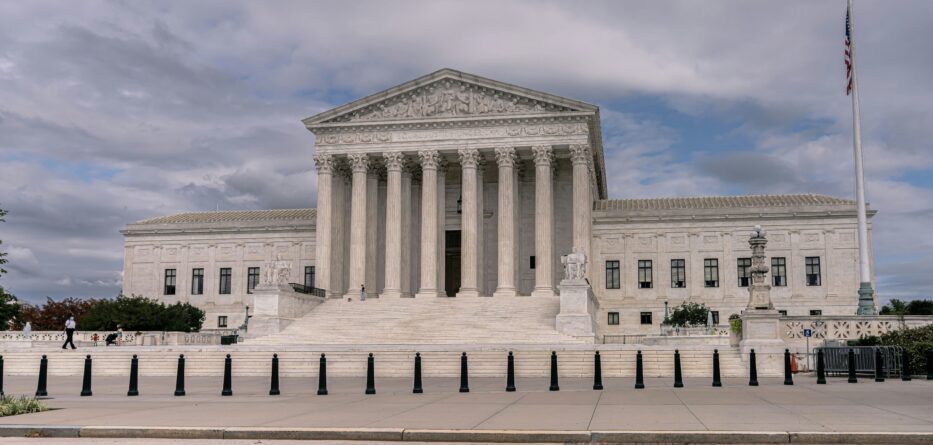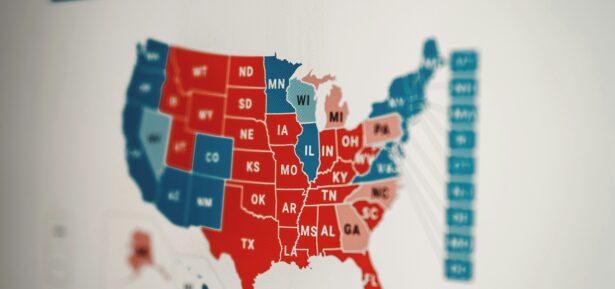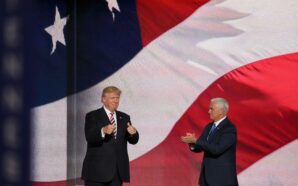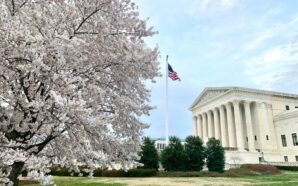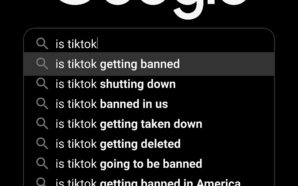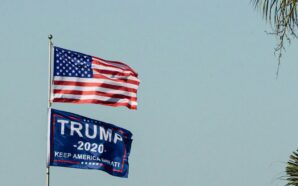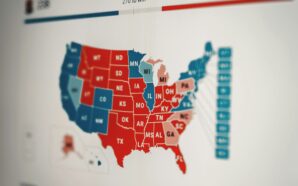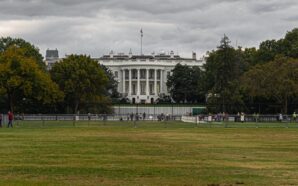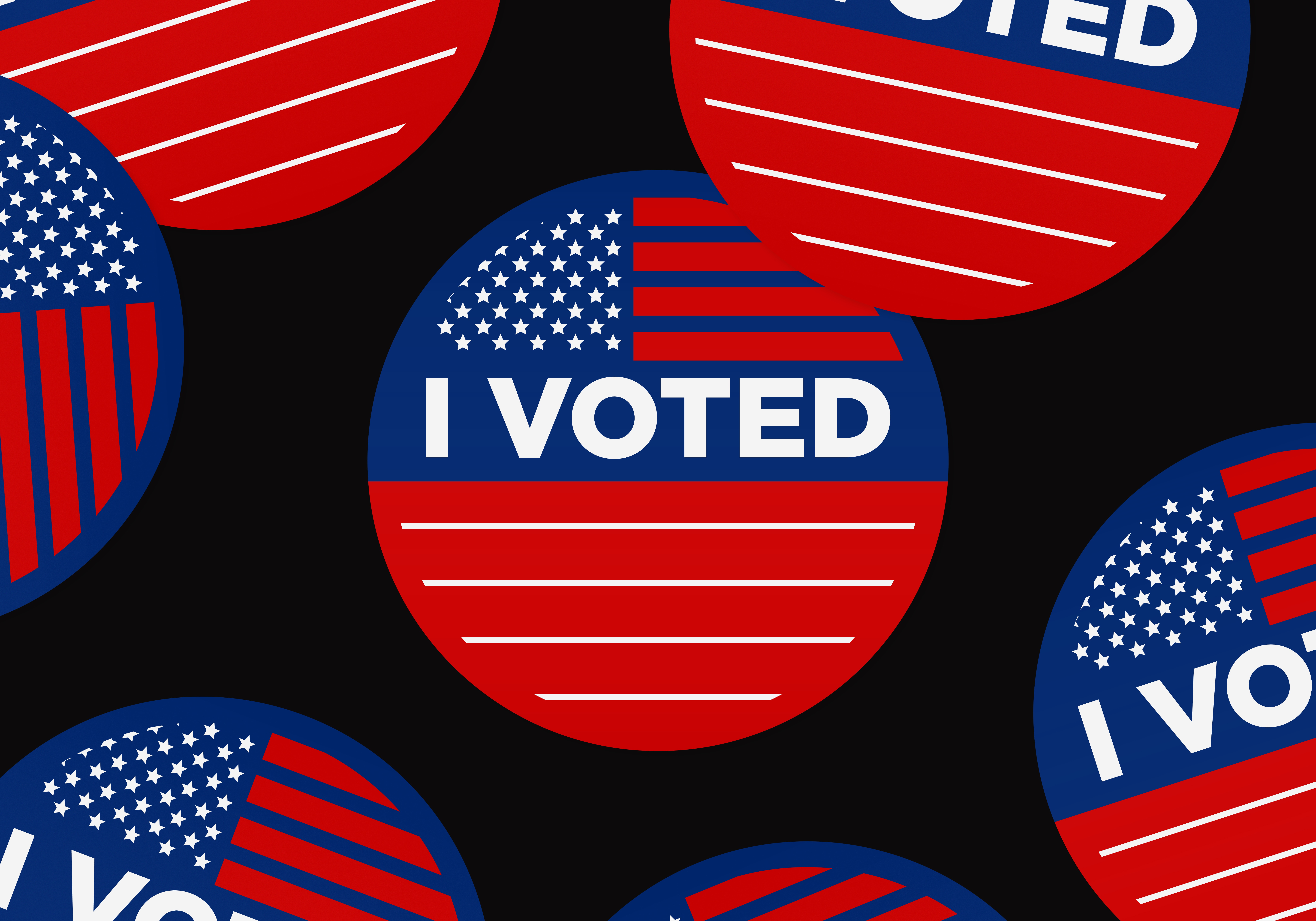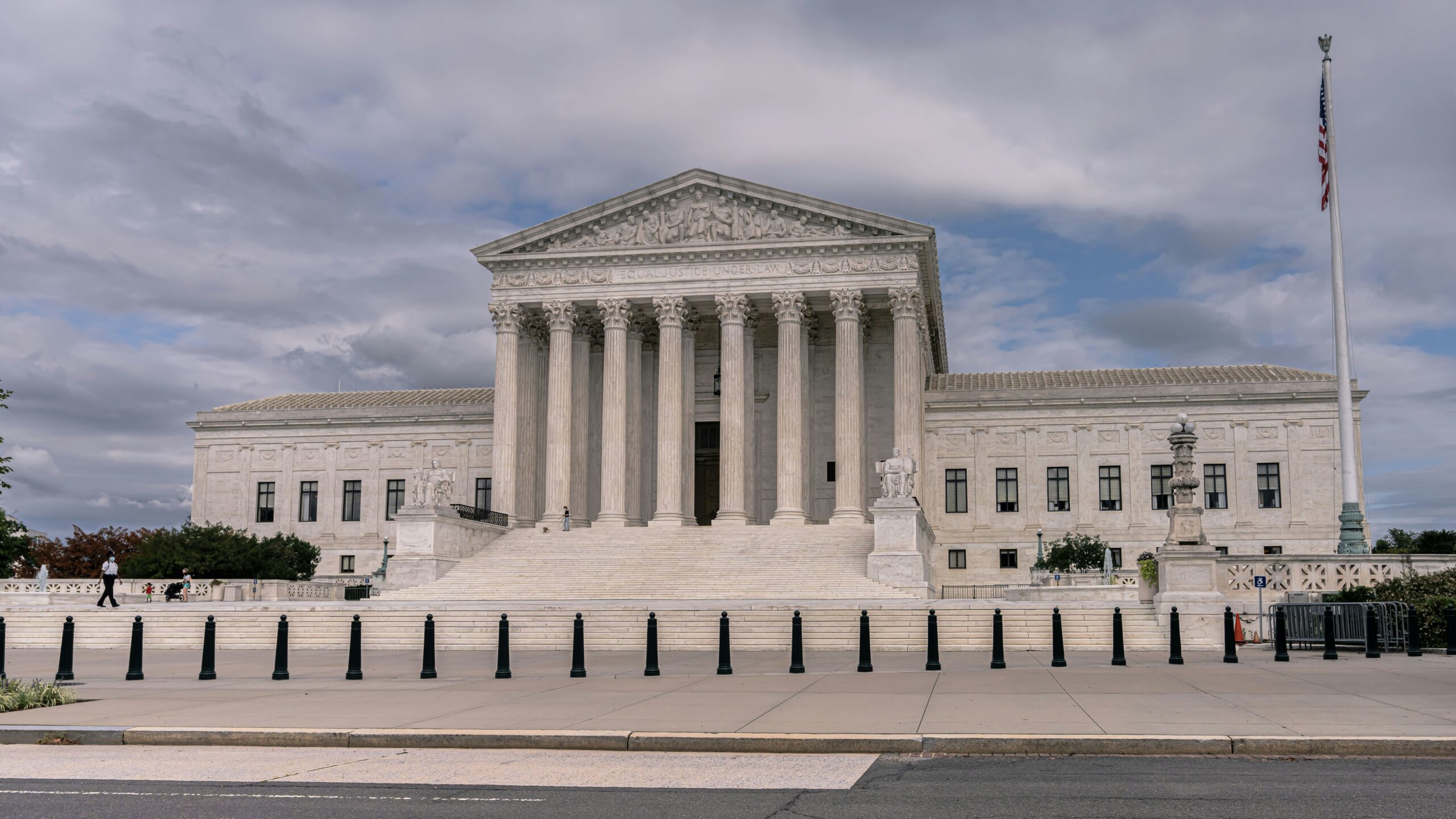

Credit: Unsplash
The Biden Administration’s Request for a New Texas Immigration Law Blocked
The Supreme Court has temporarily blocked the enforcement of a new Texas immigration law, responding to a request from the Biden administration. Conservative Justice Samuel Alito issued an order freezing a lower court decision that would have allowed the law, known as SB4, to go into effect on Sunday.
The temporary ruling will remain in place until March 13, providing all nine justices additional time to consider the case. Justice Alito has also directed Texas to respond to the Biden administration’s request by March 11.
SB4 grants police the authority to arrest migrants who illegally cross the border from Mexico and imposes criminal penalties. The law has sparked a legal battle between the Biden administration and Texas over immigration enforcement along the U.S.-Mexico border.
Previously, a federal judge had blocked the law after the Biden administration sued, but the New Orleans-based 5th U.S. Circuit Court of Appeals indicated that it could take effect on March 10 if the Supreme Court did not intervene.
In an emergency filing, Solicitor General Elizabeth Prelogar argued that the Texas law contradicts Supreme Court precedent dating back a century, emphasizing that immigration matters fall under the purview of the national government. She criticized the appeals court for not providing sufficient justification for allowing the law to proceed.
Prelogar also refuted Texas’ assertion that the law was justified under the State War Clause of the Constitution, stating that unauthorized immigration does not constitute an invasion warranting such measures.
Additionally, the city of El Paso and two immigrant rights groups have challenged the law and submitted their own emergency request to the Supreme Court.
The temporary block on SB4 underscores the ongoing legal disputes and policy clashes surrounding immigration enforcement in the United States.
Joseph Morgan in Halo 2
-
In a significant legal development, U.S. District Judge Aileen Cannon has declined former President Donald Trump’s request to dismiss...
-
Sylvia Gonzalez, a newly elected city council member in a small Texas community, was embroiled in controversy when she...
-
Is TikTok Getting Banned in the States? The United States House of Representatives has voted with bipartisan support to...
-
The 2024 Election Race Continues Between Joe Biden and Donald Trump With the 2024 general election drawing closer, President...
-
Has the State of USA Improved Since Trump’s Presidency or Gotten Worse? Given the current climate of the United...
-
In a surprise speech delivered from the White House, President Joe Biden addressed the recent special counsel’s report and...
-
Candidates Clash on Trump, Economic Policies, and Hot-button Topics in California Senate Race Four candidates vying for a U.S....
-
President Biden’s re-election strategy balances White House proximity with campaign focus in a unique approach to the upcoming election....
-
The Trump campaign is optimistic about winning the Iowa caucuses, anticipating a significant margin as a litmus test. A...
-
President Biden takes action in response to attack on U.S. service members Early Christmas morning, three U.S. service members...
-
Concerns Rise as Inner Circle Signals Retribution Against Opponents and Media Recent statements from key allies within Donald Trump’s...
-
President Biden invokes the Defense Production Act to strengthen American supply chains. In a strategic move to fortify American...

